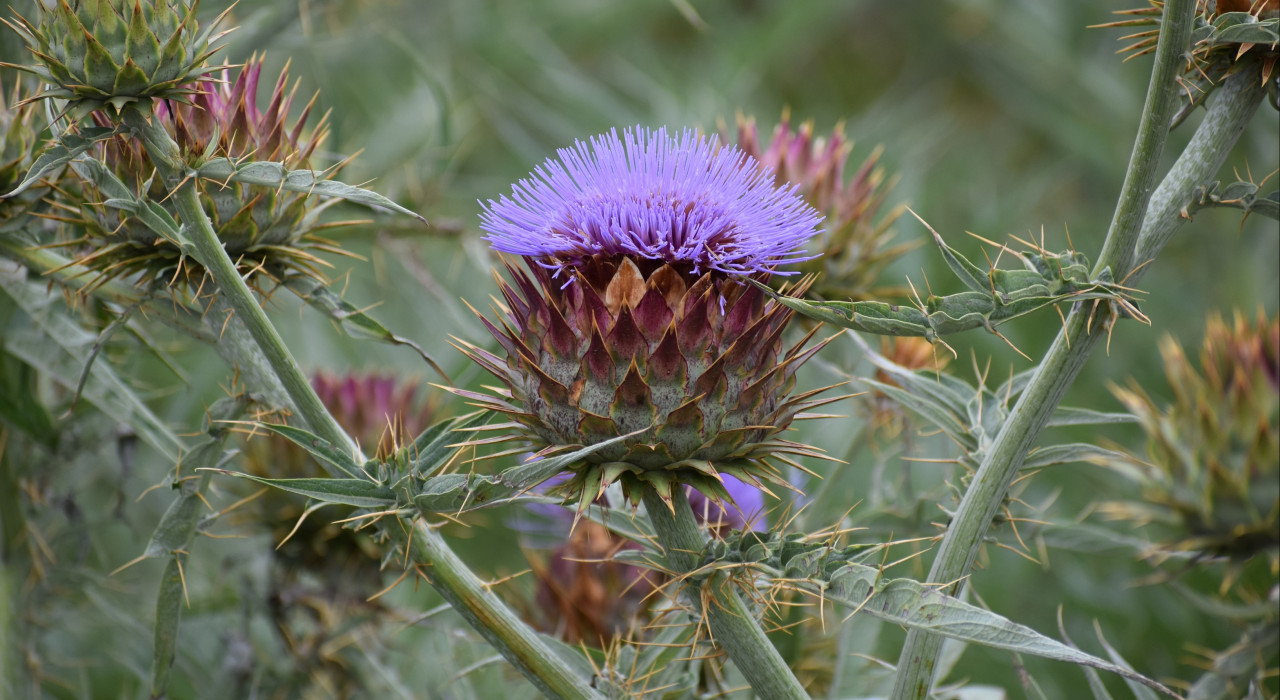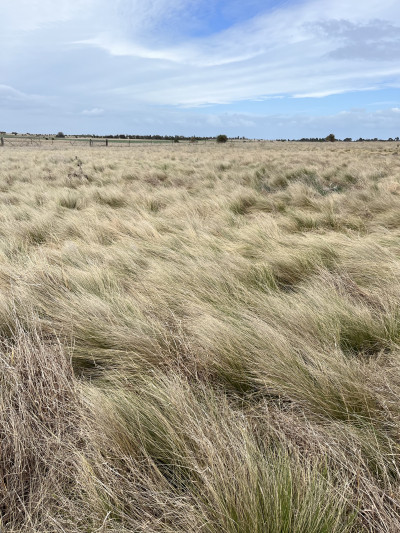What is a weed?
Weeds are non-native plants that can grow and spread rapidly in places where they are not usually found. These weeds outcompete native plants for resources such as sunlight, water and nutrients. Invasive plants can upset natural ecosystems, leading to the decline or even extinction of native species.
Approximately 28,000 plant species have been introduced into Australia since European settlement. On-going weed management not only enhances the visual appeal of our surroundings, such as public spaces and gardens, but also plays a fundamental role in safeguarding our natural environment.
Download our Weeds in Wyndham booklet below for information on identifying weeds, advice on how to control them, and native plant suggestions to replace weeds with.
Download the Weeds in Wyndham booklet

The impact of weeds
Weeds negatively impact gardens, farms, and natural reserves. Weeds steal nutrients from preferred plants, making it harder to grow plants in our gardens, reserves, and rural land.
Weeds can survive in different conditions and produce lots of seed that can be easily spread by wind, water, animals and machines. Weeds are not good for native plants and animals. When they take over, it can cause a domino effect - native plants get crowded out, which means animals lose their homes and food.
It upsets the natural balance and affects plant-eating animals, pollinators and other wildlife that rely on these native species to survive.

Management
Controlling weeds is an ongoing effort and often requires different tactics to stop their spread. Spotting them early and acting fast using different management methods is key to their control. It’s important to regularly check your property for the presence of weeds to ensure ongoing management success.
Under section 17 of Council’s Community Amenity Local Law 2023, “an owner or occupier of land must take all reasonable steps, to the satisfaction of an Authorised Officer, to control, reduce, and manage environmental weeds on land”. Section 17 does not apply in relation to any noxious weeds under the Catchment and Land Protection Act 1994.
Some weeds are worse than others, such as Serrated Tussock and African Boxthorn. All land managers (from gardens to rural farms) have a responsibility under the Catchment and Land Protection Act 1994 (CaLP Act) to control declared noxious weeds. These weeds are called ‘declared noxious weeds’ because they are great at spreading quickly and causing problems for the environment and people. The CaLP Act is overseen and enforced by Agriculture Victoria
What is Wyndham City Council doing?
Wyndham is committed to controlling and reducing the spread of invasive weeds on land that Council owns and manages, including rural roadsides.
Council also provides financial incentive and educational programs to help eligible landowners control weeds on their property through the Land Protection Grant Scheme. Through collective commitment to effective weed control we can promote a cleaner, greener and more resilient natural environment for current and future generations to enjoy.
Support
Agriculture Vitoria:Agriculture Victoria are the responsible authority for enforcing the CaLP Act for declared weeds
Advice:
Community grants: Melbourne Water and Department of Energy, Environment and Climate Change (DEECA)